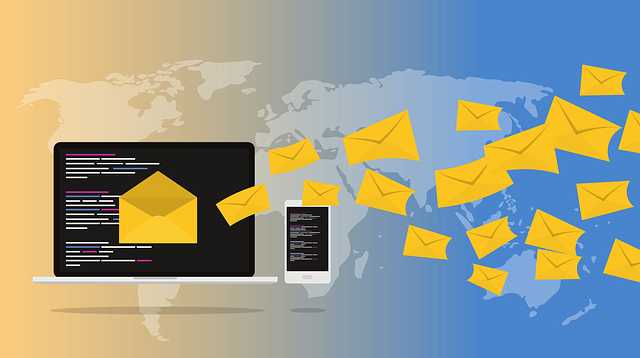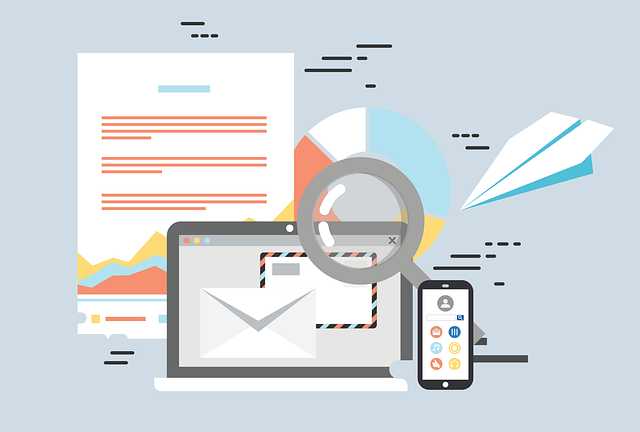How To Effectively Carryout An Email Follow Up

Many email users usually feel aggravated when they have to wait for a response, whether it's for a job interview, a business proposal, or simply making plans with a friend.
A follow-up email is what you need to effectively reduce the unusual slow response to your email.
For small businesses, especially freelancers, contractors, or small business owners. Working with your clients could be one of the most difficult aspects of your job because you will need to keep updated on the job.
This become reality when those clients suddenly stop responding to your emails. When this happens, it is very important for you to do your own due diligence in sending a follow-up email.
If you don’t have time to craft out your own emails, you can quickly use the available email scripts and templates. If you do your own part and do a good job at writing a follow-up email, this little action can produce quick results.
In case you don't know how to go about it, don’t worry we have you covered. We are going to show you six common scenarios involving unresponsive clients.

What is a “good” sales follow-up email?
A follow-up is usually an email that is sent after have already made initial contact with a prospect.
So, the main purpose of this follow-up email is to ensure you remain in your prospect's minds while gently nudging them toward a purchasing decision.
This is why a good sales follow-up email is usually meant to accomplish the following:
- Get inside the prospect's head and address their ongoing concerns.
- Avoid overwhelming them with too many options.
- Recognize where the prospect is in the buyer journey, anticipate their needs, and, if possible, address them.
Why should you carry out interview follow-up emails?
Most interviews require that you should send follow-up emails after the interview. This is one of those unwritten societal rules.
The basic of all follow-up emails after an interview is sending a thank-you note after the interview. This is usually considered as common courtesy.
Sometimes, some recruiter might think you're arrogant or ungrateful if you don’t send a thank-you note to them.
Another good reason for you to send one is that recruiters are extremely busy. The main point here is to note that recruiters may be carrying out interviews with many other candidates at any given time, especially when they have been the contract to carry out the recruitment.
This is why we think it is best for you to write a follow-up email because those recruiters are human, and things may sometimes slip through the cracks from time to time.
When to send your follow-up messages
The timing of your email is very important, this may influence the success of your follow-up emails.
You must have a good understanding of how long to wait, what time of day to send your follow-up emails, as well as what days of the week to send them. This will help you to generate a more generous response rate.
Here are examples of follow-up emails that you can consider:
#1. After the pitch
You can send an email one to two days after your first-time presentation. You can use this opportunity to remind and thank them for their time and include a call to action for the next steps.
#2. Reviewing with the decision-maker(s):
In case there are other stakeholders in the purchasing process, the sales cycle may be sometimes longer than you expected.
This means you need to give them adequate time to speak with the rest of the team, before sending the follow-up email which could be four to five days after the pitch.
#3. Unanswered follow-up
Sometimes, you may experience no response to your email, this means you need to have a follow-up sequence.
So you can quickly provide additional resources and also ask if they're still interested as well as discuss the best way to proceed.
#4. The break-up
The last point here is this, if you don’t receive a response to your follow-up emails, you can freely call it a day.
At this last point, make sure you tell them you're closing their file or use it as a last-ditch effort to find a more convenient time to talk.
What is the importance of follow-up emails?
As we have already mentioned earlier in the post, follow-up emails are a series of emails sent to a prospect following the initial email.
In a nutshell, most follow-up emails usually contain:
- Important and useful information about the business.
- It gives more information about your company and how it can assist prospects.
- Allows you to reconnect with prospects.
- Assist you in staying in front of your prospects' minds, increasing brand awareness, and influencing a prospect's or customer's purchasing decision.
- Provide you with the opportunity to upsell and cross-sell to current customers.
Make sure you carry out a follow-up email if you discover that your clients are not responding to your emails.
Author Bio
This user has not submitted a user bio yet
Article Comments
No Comments!
At present there are zero comments on this article.
Why not be the first to make a comment?
Similar Articles
Sponsor
Search Articles
Experts Column
Latest Articles
Featured Articles
Most Popular Articles












